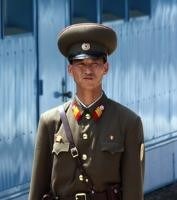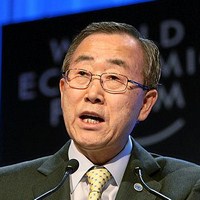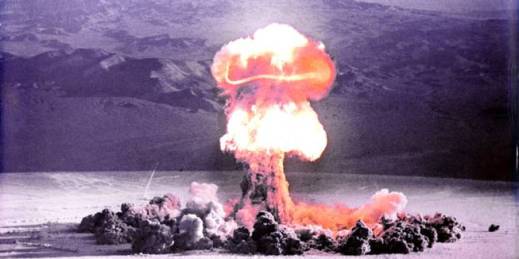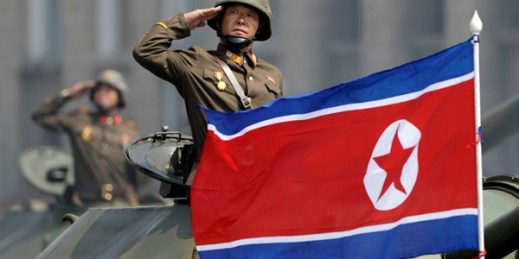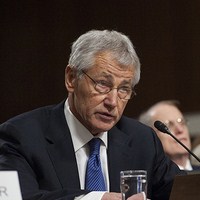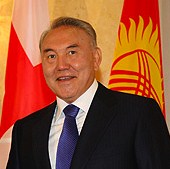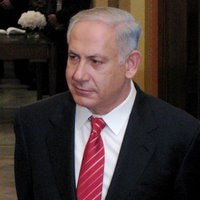
It wasn’t very long ago that international political observers were marveling at the political acumen of Israeli Prime Minister Benjamin Netanyahu, with headlines crowning him “King of Israel,” an allusion to his mastery of the political game. Israeli voters and his political rivals were somewhat less impressed, however, and they showed it in the Jan. 22 parliamentary elections, throwing cold water on Netanyahu’s plans to form a formidable coalition for a new term. One month after that election, with the clock ticking on the deadline to form a governing coalition, Netanyahu is struggling in his maneuvers to put together an […]


